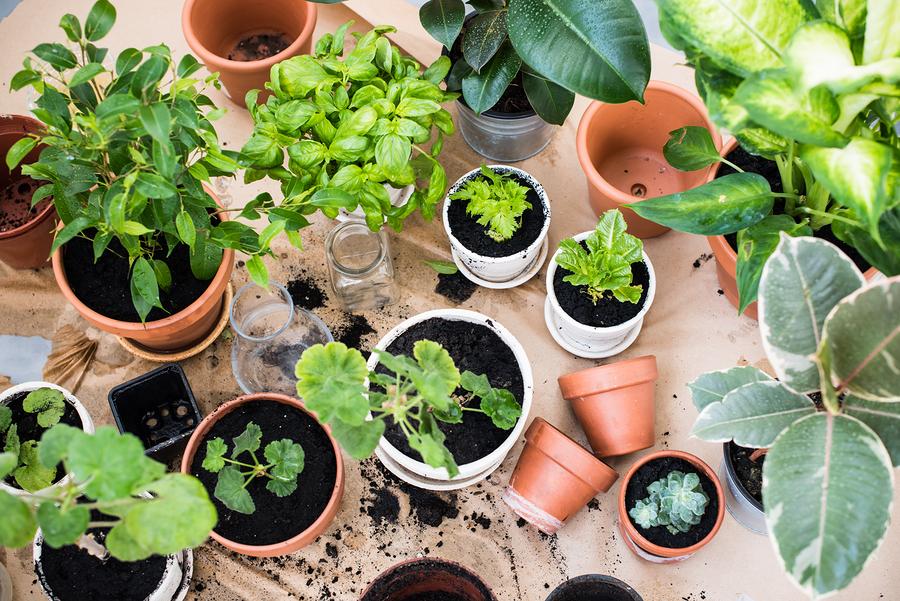- Make It Yourself Lavender Heart-Shaped Bath Bombs!
- 20 Things You Never Knew About “Down There”
- 12 Best Foods For Those Suffering From Arthritis Pain
- 12 Personal Hygiene Mistakes Almost Everyone Makes (Mom Never Told You About #4!)
- 15 Medicinal Plants And Herbs From The Cherokee People
- 12 Mind-Blowing Benefits Of Drinking Coconut Water During Pregnancy
- 12 Outstanding Winter Foods That Won’t Fatten You Up Like A Christmas Turkey
12 Special Plants That Will Help You Breathe Easier At Home

Photo credit: bigstock.com
Most people use plants in their home as a decorative accent. With so many different types of plants available, it’s easy to find something to match any décor. But there are several plants that have more going for them than just their pretty face.
It’s not a surprise that our homes are brimming with chemicals that come from the materials that were used to build it. Add to that the furniture, carpeting, and appliances that we bring in in order to make our home look good and run at an optimum level and the amount of possible toxic components floating around is always on the rise.
Of all the chemicals you may not even be aware of, formaldehyde is a common toxic compound that flows at a low but regular level. If you or any member of your family has allergies, or is sensitive to the air in your home, it could be from the formaldehyde. This chemical is used for everything from the paint you use on your walls to the glue used to hold down your carpeting. The government has done their best to keep the use of formaldehyde to a controllable level but the fact that it is used in so many products makes it difficult to avoid.
The scientists at NASA have found that there are many plants that can rid your home of formaldehyde. Choose from any of the following plants and know that they are doing their job so that you can breathe easier.
1. Chinese Evergreen
This colorful plant is able to reduce formaldehyde, carbon monoxide, benzene, and trichloroethylene in your home. It does need a little more care than some of the other plants. Let the soil dry out before watering it, repot it every couple of years, and mist it regularly. Keep this plant away from dogs.
2. Rubber Tree Plant
These plants are virtually maintenance-free requiring hardly any sun in order to thrive but they do grow fairly slowly. They are a popular pick for offices where they may not have access to a window. Many offices would have a higher level of formaldehyde than a house because of the number of desks involved that are made of particleboard and the glue that is used to put them together.
Continue to Page 2
































